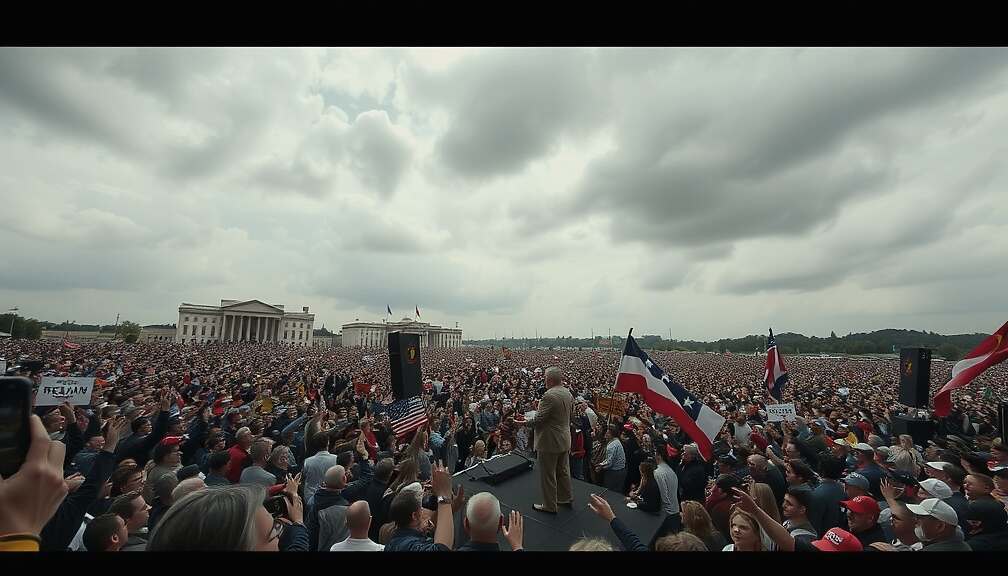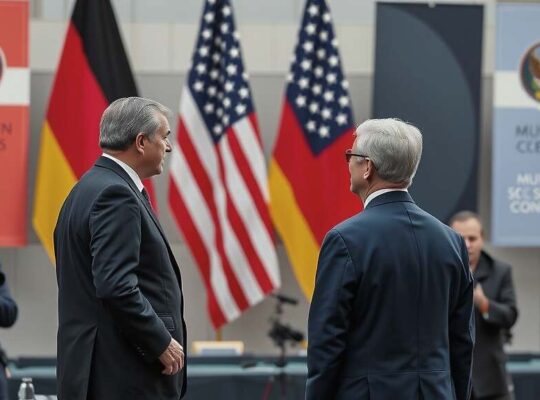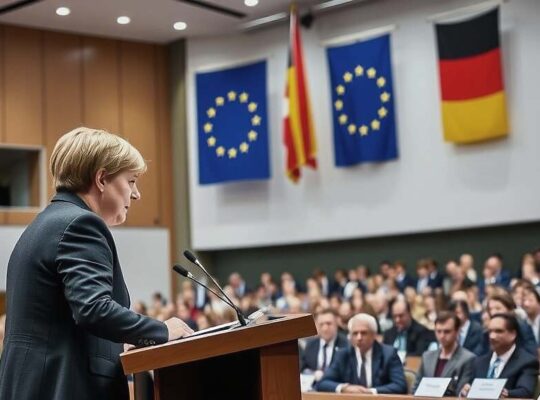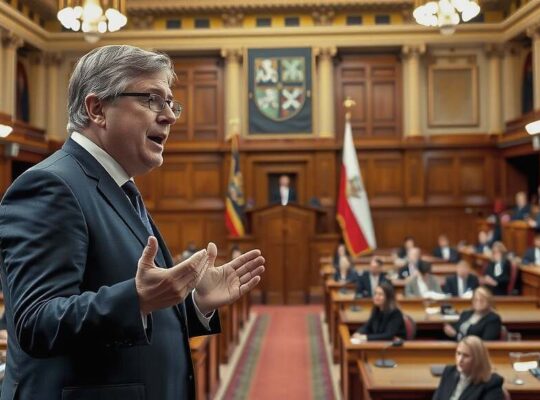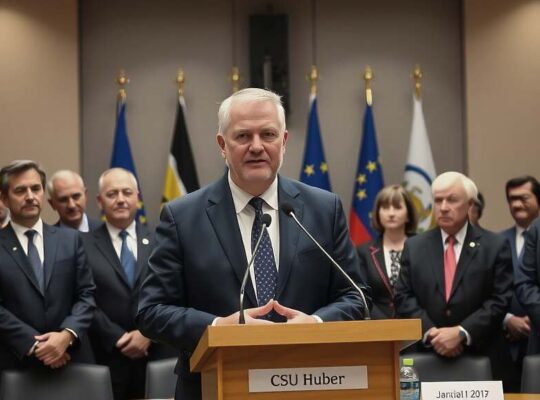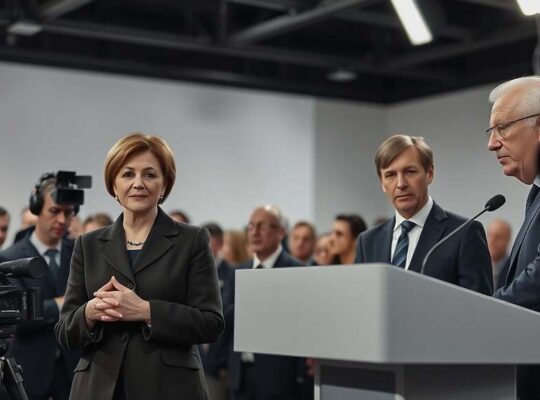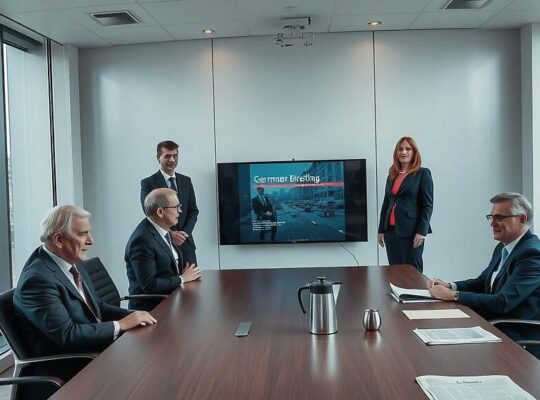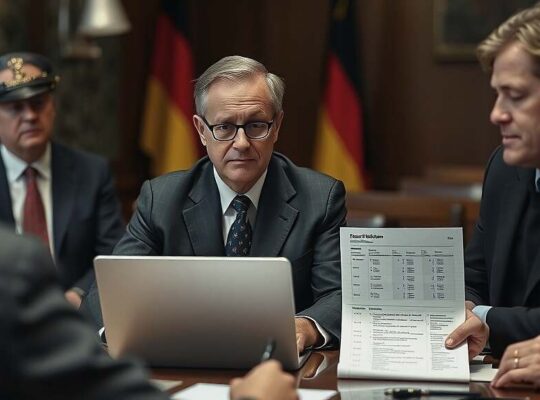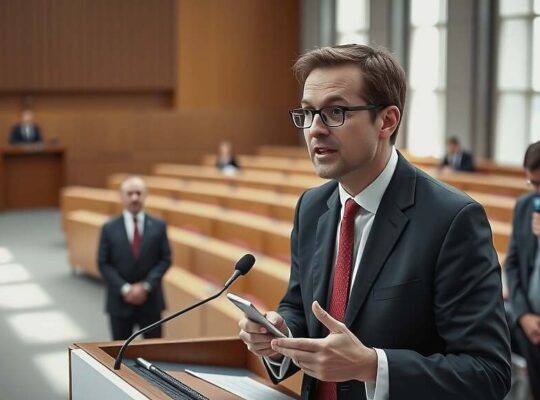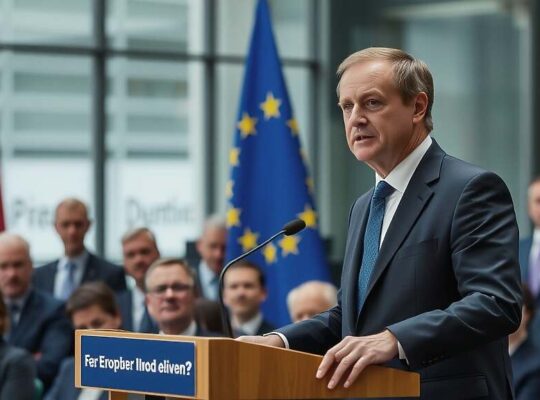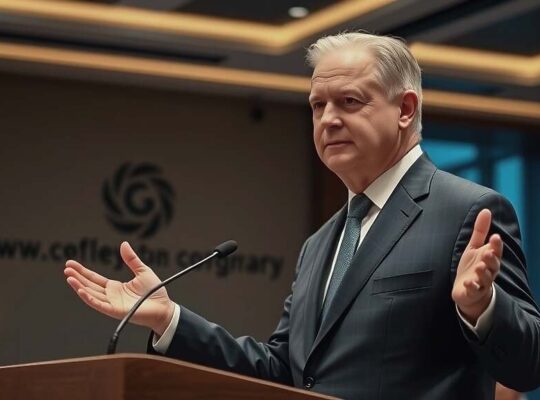The leader of the Christian Democratic Union (CDU), Friedrich Merz, has delivered a forceful rejection of any potential cooperation with the far-right Alternative for Germany (AfD), signaling a hardening stance ahead of next year’s federal elections. Speaking after a closed-door meeting of the CDU’s executive leadership in Berlin, Merz positioned the AfD as the party’s primary adversary, particularly noting the potential for heightened challenges in eastern Germany.
Addressing the underlying reasons for the uncompromising position, Merz asserted that the ideological chasm between the CDU and the AfD extends far beyond policy disagreements. He characterized the AfD’s agenda as a direct challenge to the fundamental political convictions underpinning the Federal Republic of Germany since its inception in 1949. The party, he claimed, isn’t merely questioning recent policies, but actively undermining the very foundations of the nation’s democratic order – decisions which the CDU itself has historically helped shape.
“The outstretched hand offered by the AfD is not one of collaboration, but a weapon designed to dismantle us” Merz declared, explicitly accusing the AfD of harboring destructive intentions.
Moving forward, Merz announced an intensified focus on publicly delineating the differences between the CDU and the AfD. The emphasis will be on articulating the AfD’s positions with clarity and demonstrating a stark contrast in values. He stressed that a compelling and successful governing coalition, one that effectively addresses the concerns of the electorate, is the most potent antidote to the AfD’s growing influence.
Crucially, Merz urged the Social Democrats (SPD) to share this responsibility. He suggested that a joint effort to demonstrate effective governance could ultimately negate the perceived need for an “Alternative for Germany” countering what he described as the AfD’s “pessimistic rhetoric” with a vision of tangible progress.
The comments represent a significant escalation in rhetoric, revealing anxieties within the CDU regarding the AfD’s electoral gains and the potential for a further shift in the political landscape. The call for a united front with the SPD underscores the seriousness with which the CDU views the challenge posed by the far-right party and highlights the complexities of navigating the upcoming election cycle.


